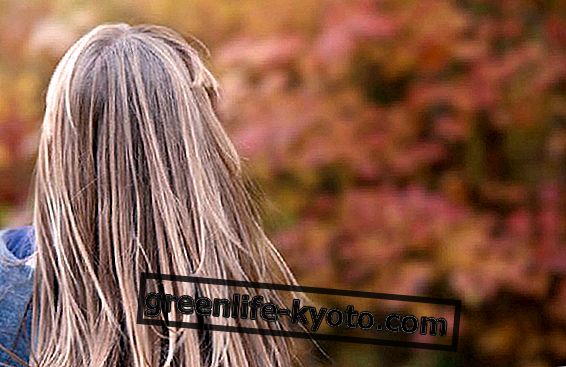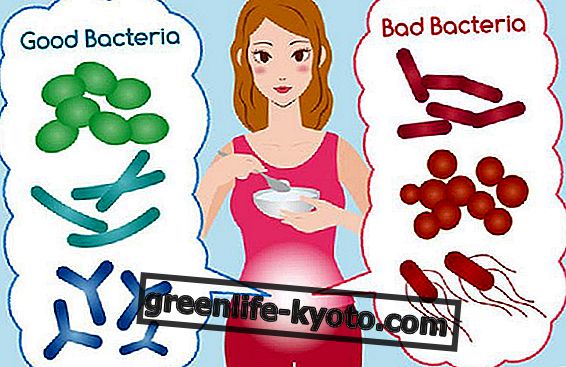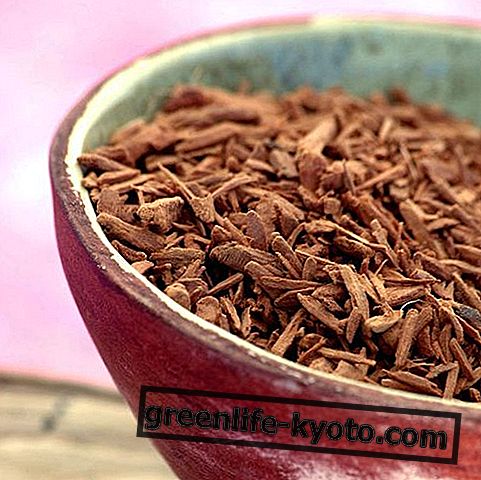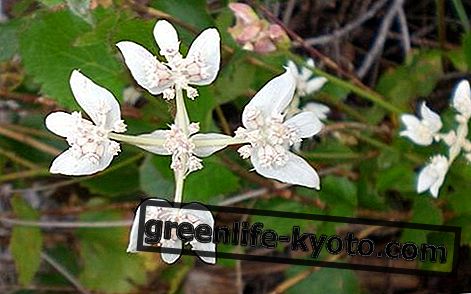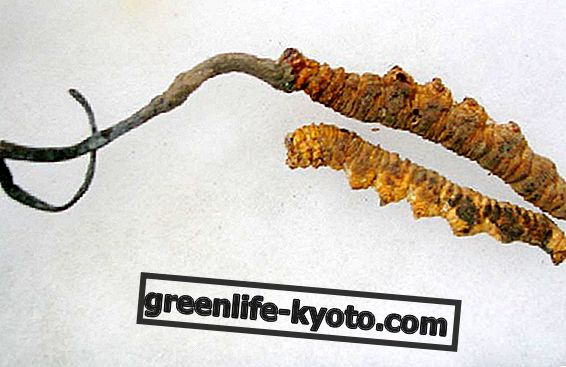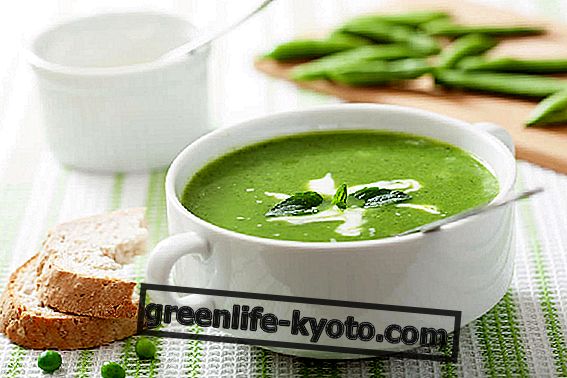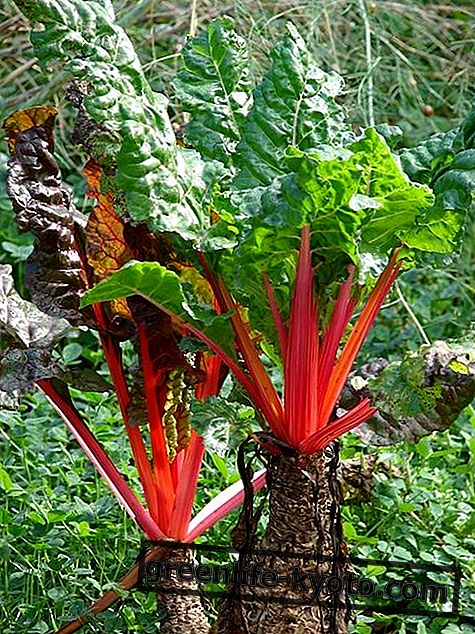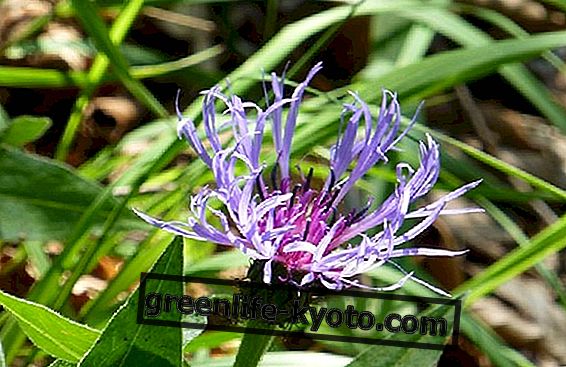
On 27 January 2015, the new guidelines of the World Organization for Allergies (WAO) were published, which officially underline the role of probiotics in preventing allergic diseases.
The work was coordinated by Professor Alessandro Fiocchi, Head of Allergy at the Bambino Gesù Pediatric Hospital in Rome and by Professor Ruby Pawankar, from the Department of Pediatrics at the Nippon Medical School in Tokyo.
The benefits of probiotics in preventing allergies
The scientific evidence available to date has not provided sufficient evidence that the use of probiotics reduces the risk of developing allergies in children.
However, after carrying out a systematic review of the randomized controlled trials on the use of probiotics and considering all the critical exits on the subject, the WAO has developed guidelines that, based on a solid scientific rationale, suggest the intake of probiotics at :
- pregnant women with high risk of having an allergic child;
- breastfeeding women who have a high risk of developing allergies;
- children with high risk of developing allergies .
Children who have parents or siblings with a history of allergic rhinitis, asthma, eczema or food allergies are considered to be at high risk of developing allergies .
The prevalence of allergies in children who do not have parents or allergic siblings is about 10%; this percentage rises to 20-30% in those with first-degree relatives who suffer from allergies.
Let's clarify some probiotics
Why might probiotics be useful in preventing allergies?
The conditional is a must, as in the same guidelines it is underlined that the hypothesis of a benefit of probiotic supplementation in the prevention of allergies in children has not yet been sufficiently proven.
It should also be emphasized that the efficacy of probiotics in the prevention of these diseases mainly concerns eczema ; in fact, there is less evidence to support their effectiveness in preventing other allergic diseases.
The scientific rationale behind these suggestions starts from the observation that, according to some studies, the intestinal bacterial flora is able to modulate the immunological and inflammatory response of the intestine, thus influencing the development of phenomena such as sensitization and allergies, and probiotics are microorganisms that help preserve intestinal bacterial flora .
Furthermore, the risk-benefit ratio is emphasized several times in the guidelines. The administration of probiotics to children and / or their mothers seems to involve a very low risk of side effects; the possibility of a real benefit would therefore be significantly greater than any risks.
Why are allergies on the rise?
Allergies are on the increase especially in the western world and in countries that are becoming westernized. Therefore, among the causes there is the lifestyle and, in particular:
- less sun exposure;
- the bad quality of the air you breathe;
- reduced contact with nature, for example with animals.
All these factors act negatively on the immunological system predisposing, especially small children, to the development of allergies.


